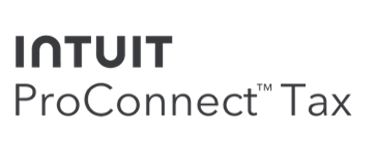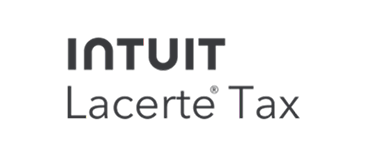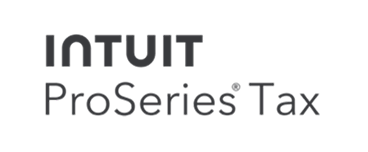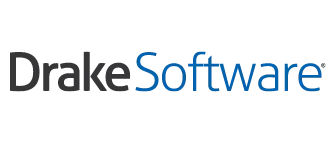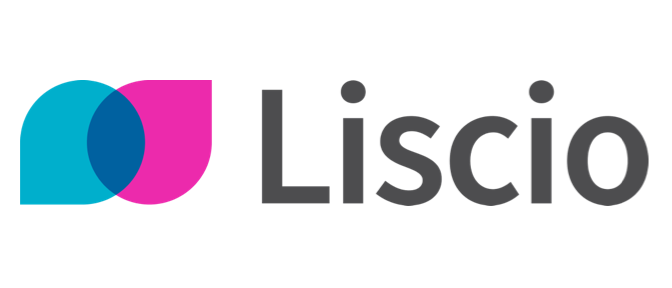
5 Tips for Choosing a CRM
Most small business owners would agree that their customer and vendor relationships are vital to their success. Higher client expectations and economic demands are causing firms of all sizes to reevaluate these relationships and determine how technology can help them strengthen and grow their businesses.
A well-chosen Customer Relationship Management (CRM) system is the key to not only managing these relationships but also to helping an organization become more efficient and increase productivity. In fact, although CRM systems used to be reserved for enterprise organizations, today CRM is considered a critical component to the success of every organization, no matter its size.
So, with more than 300 CRM systems to choose from today, how do you select the right one? Moreover, how do you ensure that your CRM solution will become a vital asset to your company and not just another expensive application to manage?
While every company has different needs, there are five “must-haves” for any business that is serious about finding a CRM that will deliver results.
When selecting a CRM solution with a proven ROI, choose one that:
- Goes beyond Contact Management – Mature CRM products go beyond Contact Management to truly manage the entire business. Your CRM should unite your Sales, Service, Billing AND Finance departments.
- Will Grow with Your Company – Make sure your CRM is not only a good fit for your company today but that it can scale and support your business down the road, too. As your company grows, so will your number of contacts, employees, and other important relationships.
- Allows You to Work from Anywhere – Gone are the days where employees are at their desk from 9 to 5. Make sure your mobile workforce and field staff have access to key business information and documents – anytime – anywhere.
- Integrates with Products You Already Use – You will save time and money when your CRM talks to the products you already use, such as QuickBooks, SmartVault, Outlook, Constant Contact. The icing on the cake is when there is a three-way integration between some of the integrated applications. For example, when your CRM integrates with SmartVault and QuickBooks, users can access documents stored within SmartVault no matter where they are or which application they are working in.
- Can be Easily Customized – No two companies operate in the same way. Your CRM should be able to be easily tailored to your culture, processes, and workflow and more importantly those customizations must stay in effect when you upgrade to the latest version of the CRM, instead of being locked into the version that was customized.
